Unlocking the Potential: Innovative Uses for Specialty Shipping Containers in Modern Industries
In today's ever-evolving industrial landscape, specialty shipping containers are emerging as versatile solutions that extend beyond their traditional roles in transportation and storage. These innovative containers are now being creatively repurposed across various sectors, offering unique advantages in sustainability, efficiency, and functionality. The adoption of specialty shipping containers has facilitated remarkable advancements, from mobile retail spaces and eco-friendly offices to advanced laboratory setups and disaster relief units. This article explores the transformative potential of specialty shipping containers, highlighting practical tips and innovative applications that can inspire businesses to unlock their benefits. By redefining the boundaries of what is possible with these containers, industries can enhance not only their operational capabilities but also their overall impact on environmental sustainability and community engagement. Whether for startups looking to make a mark or established enterprises seeking to innovate, understanding the myriad uses of specialty shipping containers is crucial in harnessing their full potential in modern industries.
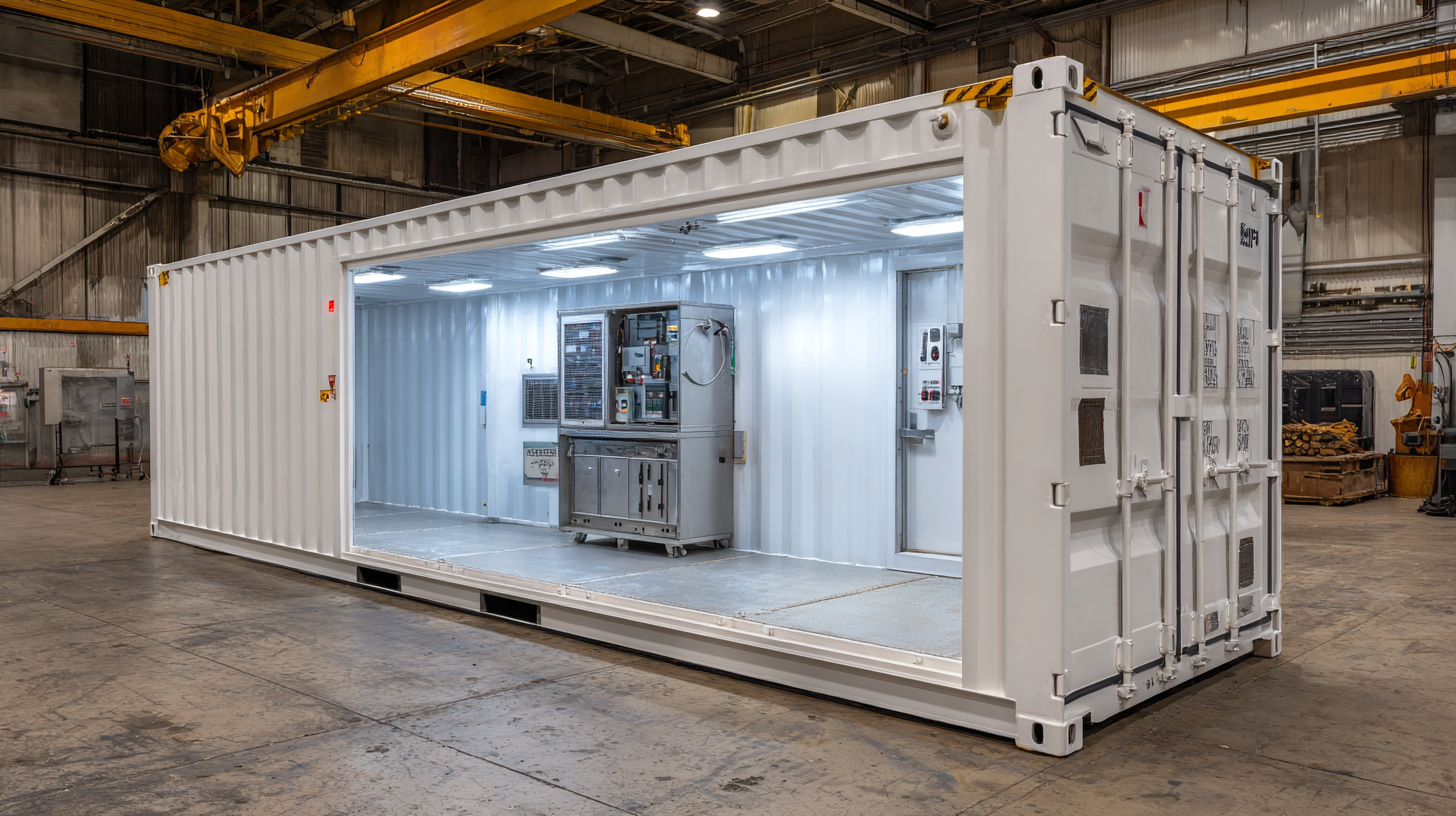
Why Specialty Shipping Containers are Game Changers for Sustainable Agriculture Practices
Specialty shipping containers are transforming sustainable agriculture practices, providing innovative solutions that address both environmental concerns and logistical challenges. According to the latest report from the International Organization for Migration, over 2.3 billion people are expected to live in urban areas by 2050, amplifying the need for efficient food production systems. Specialty containers, often repurposed and insulated, can be tailored to create vertical farms that maximize space and yield, making them ideal for urban agriculture.
Furthermore, a 2022 study published by the Food and Agriculture Organization highlights that controlled environment agriculture (CEA) using specialty shipping containers can reduce water usage by up to 90% compared to traditional farming. These containers can be equipped with hydroponic or aquaponic systems, offering sustainable alternatives that require fewer resources and generate higher crop outputs. As more than 70% of global freshwater is utilized for agriculture, making this shift is not just beneficial but essential for conserving vital resources in an increasingly resource-limited world.
Why Modular Shipping Container Homes are Revolutionizing Affordable Housing Solutions
Modular shipping container homes are emerging as a transformative force in the quest for affordable housing solutions. As urban areas grapple with housing shortages and rising costs, these innovative structures leverage the flexibility and sustainability of shipping containers. By utilizing pre-existing resources, builders can reduce construction time and costs, making housing more accessible to a broader demographic. Additionally, the integration of smart technologies can enhance energy efficiency, aligning with modern sustainability goals.
Recent developments highlight the growing interest in modular construction across various regions. For instance, in Australia, the use of AI in construction is streamlining the process and optimizing resource management, further enhancing the viability of modular housing. Moreover, projects utilizing repurposed shipping containers are not just practical; they also promote environmental responsibility by minimizing waste and reducing the carbon footprint. As innovative designs continue to evolve, these container homes are proving that affordable living can also be stylish and functional, paving the way for a new era in housing solutions.
Innovative Uses for Specialty Shipping Containers in Modern Industries
This chart showcases the market potential of various innovative uses for specialty shipping containers in modern industries. The data represents estimated market values in millions, reflecting the growing demand for affordable housing solutions, retail spaces, mobile offices, pop-up cafés, and storage solutions.
Why Customized Shipping Containers are Key to Efficient Retail Pop-Up Stores
Customized shipping containers are revolutionizing the way retailers approach pop-up stores, offering unique solutions that cater to the ever-evolving demands of modern consumers. With the ability to transform ordinary containers into stylish and functional retail environments, businesses can create immersive shopping experiences that stand out in crowded markets. These containers provide flexibility and mobility, allowing retailers to establish temporary locations in diverse settings, from urban sidewalks to event venues.
Recent innovations highlight the practicality of using customized shipping containers for retail spaces. Companies are now offering modification services tailored specifically for entrepreneurs looking to set up pop-up shops efficiently. The versatility of these containers not only helps in maximizing space utilization but also enhances aesthetics, making them an attractive choice for retailers seeking to engage customers in fresh and memorable ways. As communities embrace these innovative setups, the traditional concepts of retail continue to be reshaped, driving foot traffic and fostering a dynamic shopping culture.
Why Shipping Containers are Ideal for Mobile Medical Units in Remote Areas
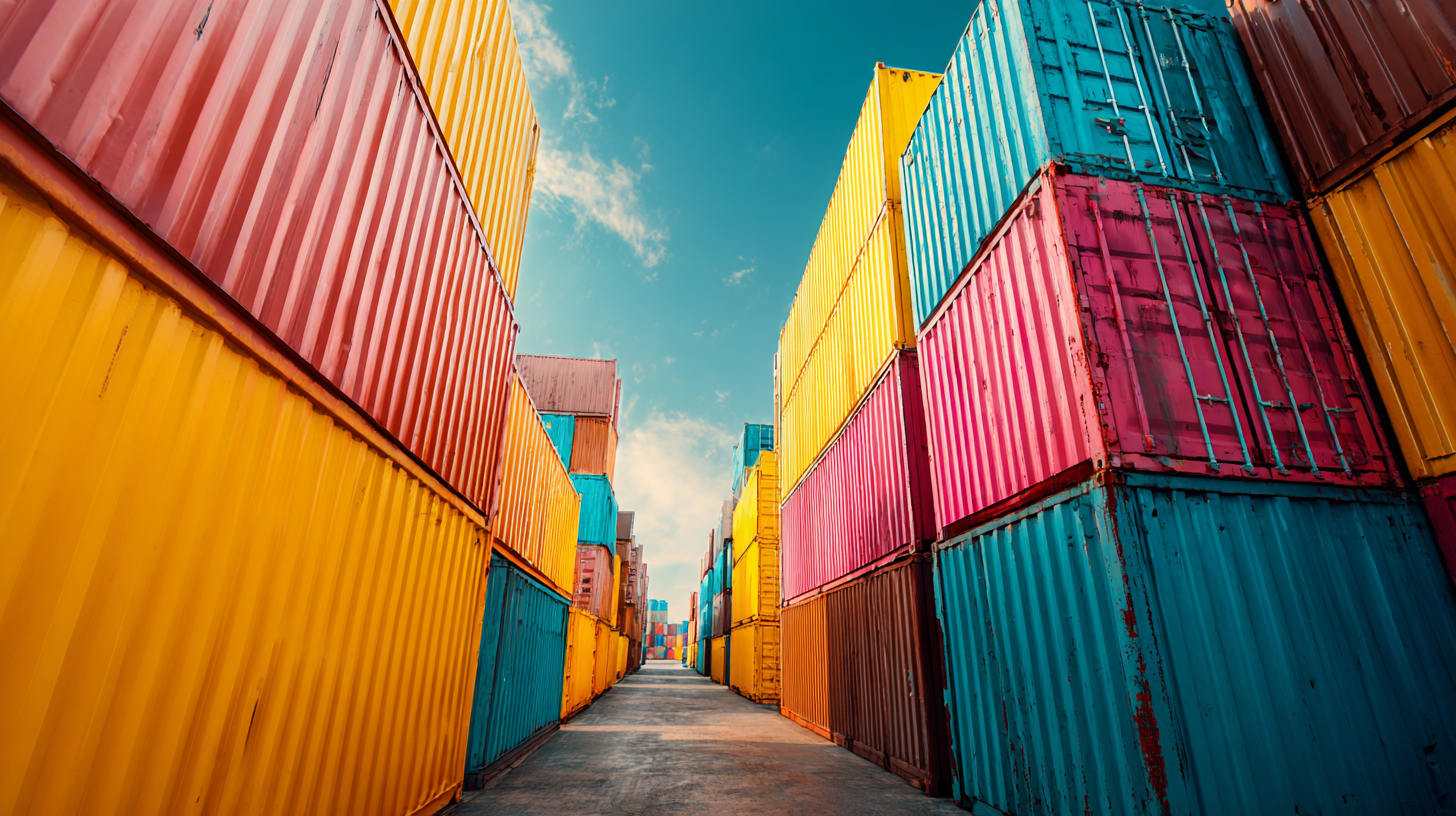 Shipping containers are emerging as an innovative solution for mobile medical units, particularly in remote areas where access to healthcare is limited. These sturdy and easily transportable structures can be repurposed into fully equipped clinics, providing essential medical services to underserved populations. By retrofitting containers with medical equipment, such as examination rooms, diagnostic tools, and telehealth facilities, organizations can create functional healthcare environments that can be deployed wherever needed.
Shipping containers are emerging as an innovative solution for mobile medical units, particularly in remote areas where access to healthcare is limited. These sturdy and easily transportable structures can be repurposed into fully equipped clinics, providing essential medical services to underserved populations. By retrofitting containers with medical equipment, such as examination rooms, diagnostic tools, and telehealth facilities, organizations can create functional healthcare environments that can be deployed wherever needed.
One of the key advantages of using shipping containers as mobile medical units is their inherent durability and flexibility. Designed to withstand harsh weather conditions during transport, they can be adapted to provide a wide range of medical services, from vaccinations and routine check-ups to emergency care. Furthermore, the modular nature of these containers allows for easy expansion or modification, ensuring that healthcare providers can tailor their services to meet the specific needs of the communities they serve. This innovative approach not only enhances healthcare accessibility but also promotes sustainability by repurposing materials that would otherwise contribute to waste.
Why Innovative Shipping Container Designs are Transforming Urban Laboratories and Workspaces
Innovative shipping container designs are revolutionizing urban laboratories and workspaces, offering a unique blend of mobility, efficiency, and sustainability. According to a recent report by Grand View Research, the global market for modular construction, which includes shipping containers, is expected to reach $157.2 billion by 2026, growing at a compound annual growth rate (CAGR) of 6.9%. This rapid expansion underscores the increasing appeal of container-based innovations in modern industries.
Shipping containers are being repurposed into fully-functioning laboratories that can be deployed rapidly in urban settings. For instance, companies like Container Lab have demonstrated that a 320 square foot container can be outfitted with advanced lab equipment and essential utilities, providing a versatile space for research and experimentation. This innovation not only catalyzes scientific research but also addresses the pressing need for flexible workspace solutions in densely populated areas.
**Tip:** When considering the implementation of shipping containers in your industry, evaluate the specific needs of your workspace. Modular designs can be customized to incorporate features like climate control, energy-efficient systems, and accessibility options to suit your unique requirements.
The adaptability of these containers allows businesses to scale operations quickly while minimizing overhead costs. A report from the Modular Building Institute reveals that modular construction can reduce project timelines by up to 50%, providing a compelling advantage for companies eager to innovate and grow.
**Tip:** Explore partnerships with local architectural firms that specialize in container modifications to ensure your designs meet both functional and aesthetic goals, maximizing the potential of your urban workspace.
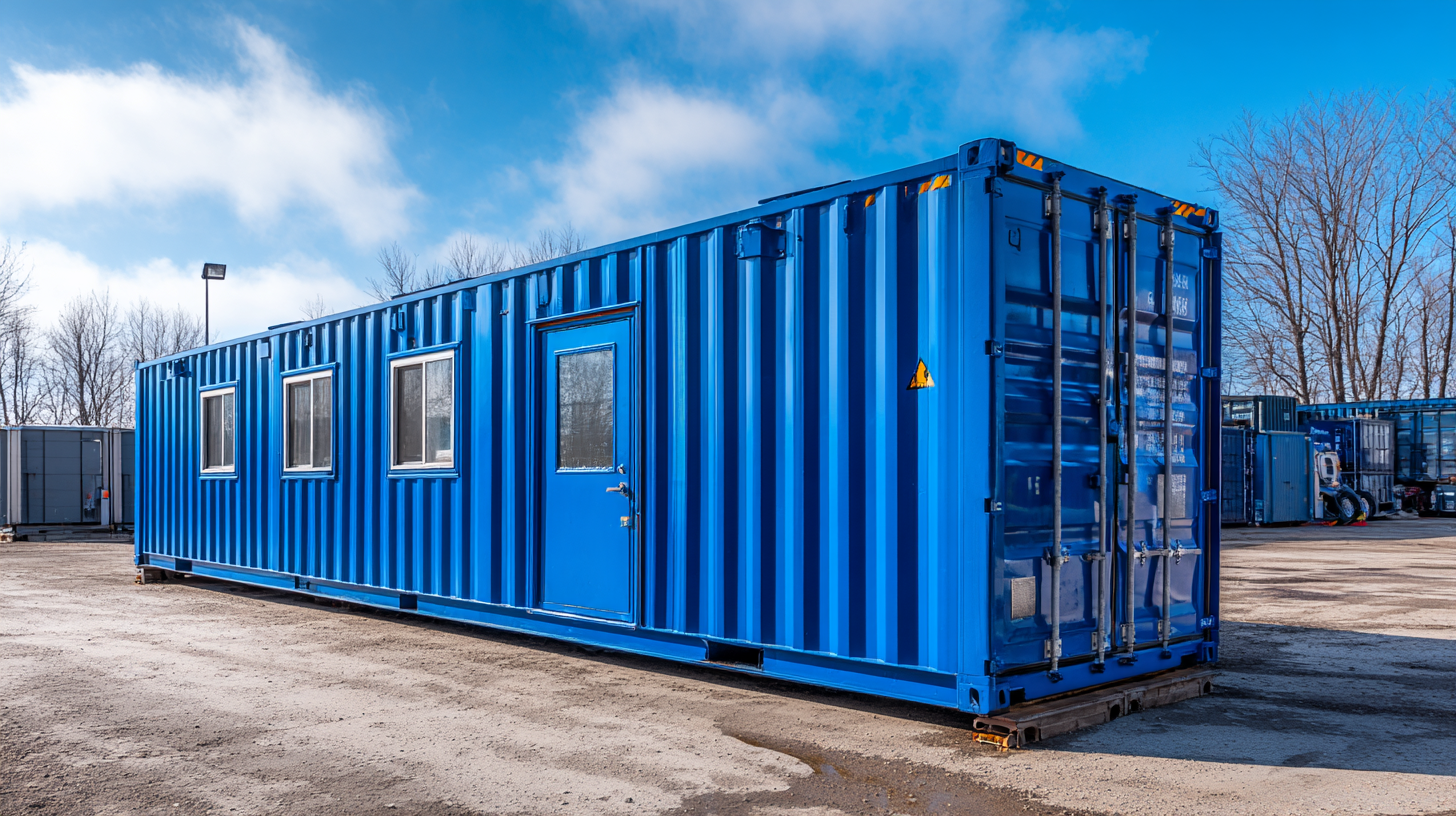
Related Posts
-
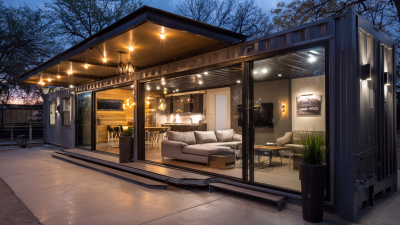
Transforming Spaces: The Versatile Benefits of Custom Built Shipping Containers in Modern Architecture
-
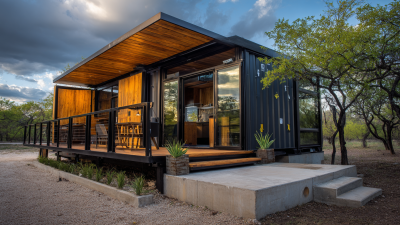
Unlocking the Potential of Custom Built Shipping Containers for Sustainable Living Solutions
-

Revolutionizing Modern Architecture: The Rise of Cargo Container Construction in Sustainable Living
-
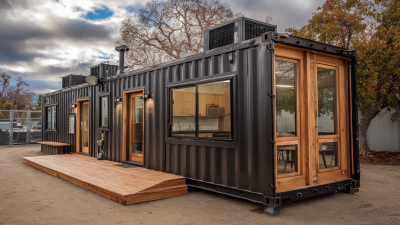
Transform Your Space: How Custom Built Shipping Containers Revolutionize Sustainable Living Solutions

